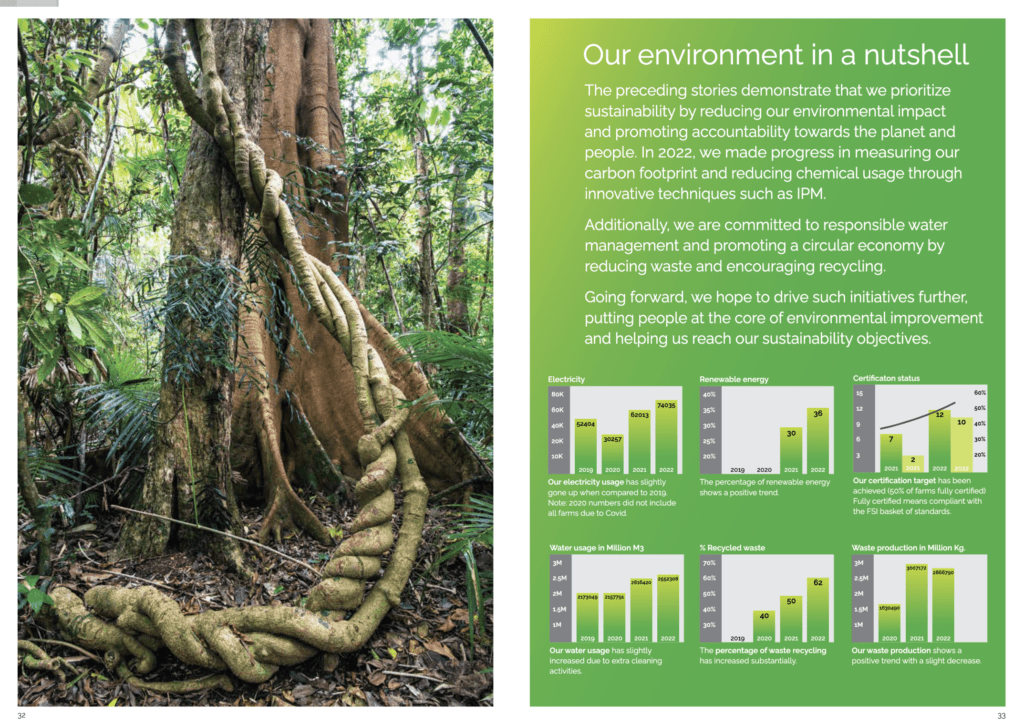As the global focus on environmental, social, and governance (ESG) issues continues to grow, businesses are increasingly expected to demonstrate their commitment to sustainability and responsible practices.
One key tool for communicating these efforts is an ESG report, often called a Sustainability report. ESG reports provide a comprehensive overview of a company’s environmental and social impact and its governance practices.
Below, I’ll provide you with five essential tips on how to write an effective ESG report that clearly demonstrates your company’s sustainability initiatives:
1. Clearly Define Your Objectives
Before learning how to write an effective ESG report, it is crucial to define clear objectives. Identify the key areas of ESG relevant to your business and determine what you want to achieve through the report. Whether it’s reducing carbon emissions, promoting diversity and inclusion, or improving governance practices, setting clear objectives will guide your report’s structure and content. A good way to start is by looking at the table of contents of other sustainability reports and basing yours on those and adapting as needed. You can then create a draft table of contents in Microsoft Word or Google Docs.

2. Align with Global Reporting Standards
To enhance the credibility and comparability of your ESG report, align it with widely recognized global reporting standards. Frameworks like the Global Reporting Initiative (GRI) and the Sustainability Accounting Standards Board (SASB) provide comprehensive guidelines for reporting ESG data. Adhering to these standards ensures consistency and transparency, making it easier for stakeholders to assess your company’s performance.
3. Focus on Materiality
While covering a wide range of ESG topics is important, prioritizing materiality is crucial. Materiality refers to the issues that are most relevant to your business and significantly impact your stakeholders. Conduct a thorough materiality assessment to identify the environmental and social aspects that are most significant to your company and stakeholders. This will help you prioritize your reporting efforts and focus on what truly matters.

How to write an effective ESG report
4. Use Clear and Concise Language
Effective communication is key when writing an ESG report. Avoid using jargon or technical terms that may confuse readers. And if you need to use acronyms, always explain their meaning in full in the first instance. Use clear and concise language that is easily understandable to a broad audience — you never know who may read the report (everyone from potential employees to investors). Break down complex concepts and data into simple, relatable terms. If you can, use visual aids such as charts and infographics to help convey information in a more digestible manner.
5. Tell a Compelling Story
An engaging ESG report goes beyond numbers and statistics. It tells a compelling story about your company’s sustainability journey and its positive impact. I cannot stress this point enough. So many ESG reports use corporate ‘window dressing’ that is not real or relatable to diverse readers. Use real-life examples, success stories, and case studies to illustrate your initiatives and their outcomes. Conduct various interviews while writing and incorporate quotes and testimonials from employees, customers, and partners to humanize your report and make it relatable. A well-crafted narrative will capture readers’ attention and create a lasting impression.
In close, writing an effective ESG report requires careful planning and clear communication. By following my above five essential tips on how to write an impactful ESG report, you can effectively showcase your company’s commitment to sustainability, foster transparency, and engage stakeholders. Remember, an ESG report is not just a compliance document but an opportunity to inspire change and promote a better future. Your ESG report can influence perceptions, attract stakeholders, and drive positive change. Invest the time and effort to create a report that reflects your company’s commitment to a sustainable future.
If you’re seeking professional assistance in crafting your ESG report, consider contacting ESG writer Elizabeth Joss, owner of WordWorx. Elizabeth has extensive experience in sustainability reporting and can provide expert guidance tailored to your company’s specific needs. Contact her via email at info@elizabethjoss.com today.
